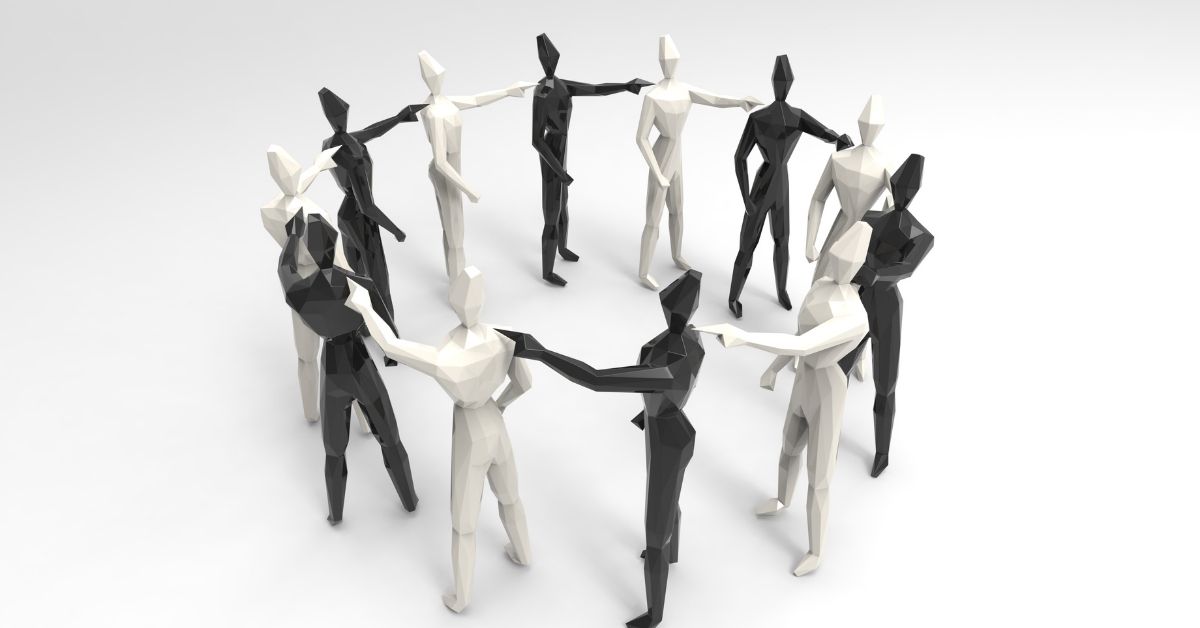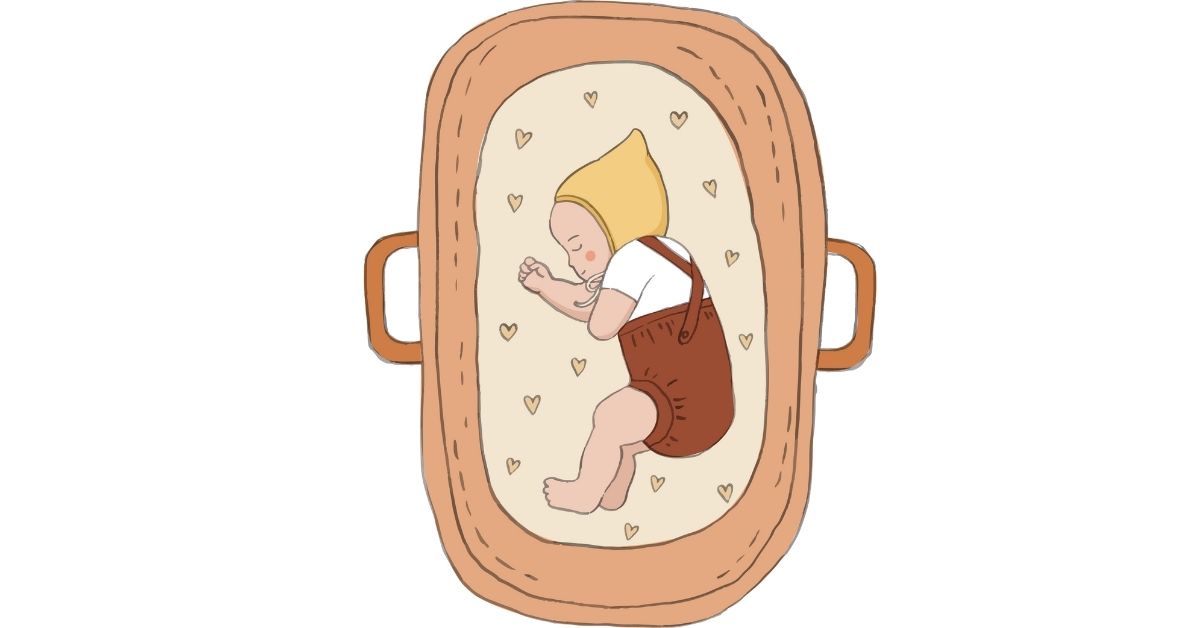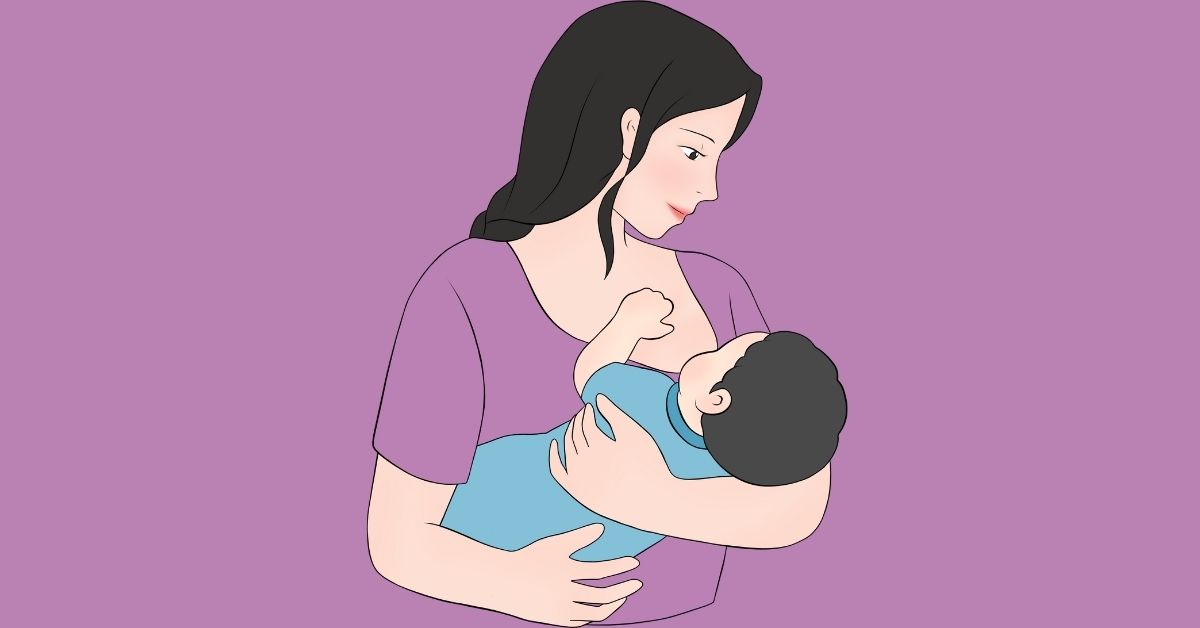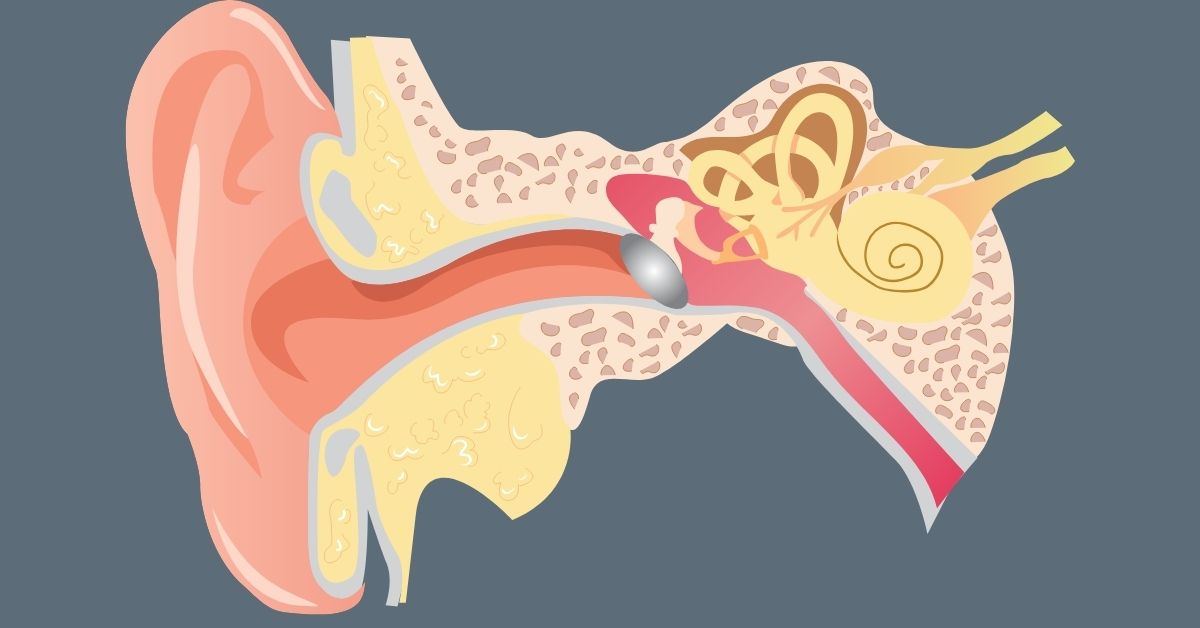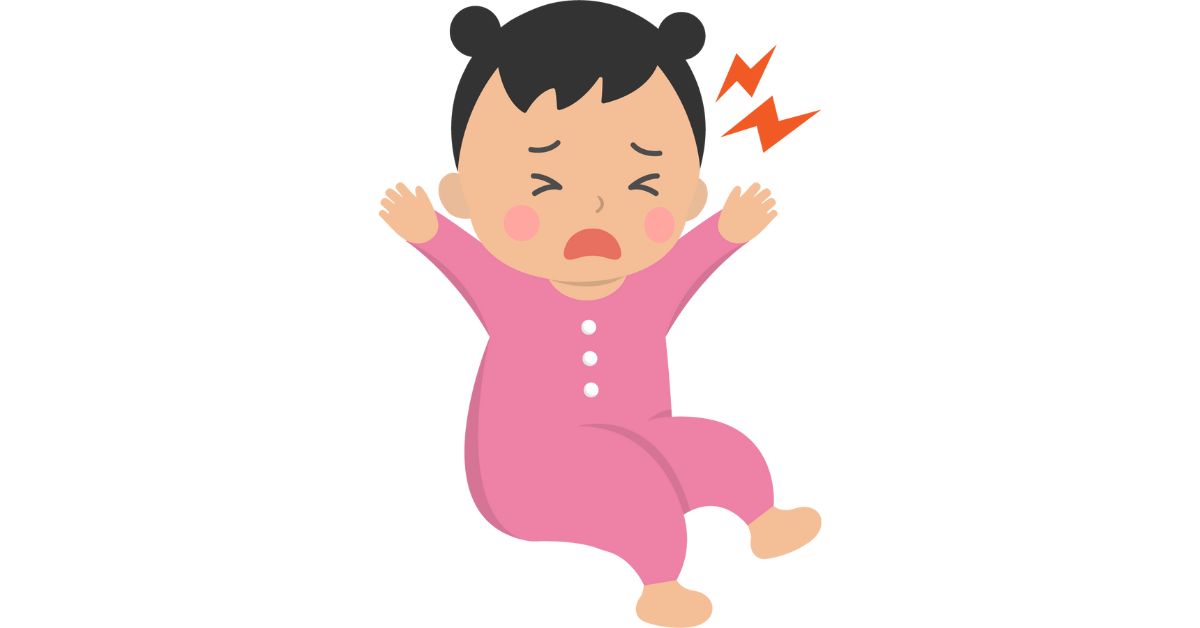Understanding Types of Stereotypes, Their Impact On Kids & The Importance of Protecting Children From Them. Stereotypes have been at the centre of many festering social issues in the 21st Century Age of Information. Various types of stereotypes are an integral part of our daily lives; we hardly realize their presence. Often, they come in the form of jokes and we think they don’t affect our actual opinions in life. We forget that this does not apply to children who hear these things but don’t understand any better. In any case, we couldn’t be farther away from the truth. Let’s take a look at the types and meaning of stereotypes and examine how they affect our little ones.
In this article:
Stereotype Definition
Social psychology refers to stereotypes as over-generalised beliefs about particular categories of people. These are typically widely-held beliefs that are over-simplified, fixed, and exaggerated in nature. Often, these beliefs are created by people having limited experiences with people of the category being stereotyped. They are, therefore, not based in truth but on the perceptions of people with social influence.
Types of Stereotypes
Categories of stereotypes are determined by the discriminating factor on which they are based. There are many kinds known to us; the most popular ones are
- gender stereotypes,
- sexual orientation-based stereotypes,
- racial stereotypes,
- ethnic stereotypes,
- religious stereotypes,
- stereotypes based on nationality, and many more.
Some stereotypes are propagated through direct reference, an example is that “all South Indians eat only idli-dosas.” Others are much more subtle and rarely vocalised, and those tend to be the most harmful ones.
Impact of Stereotypes
Some negative effects of stereotyping are as follows:
1. Stereotypes Create Barriers
By their very definition, stereotypes are not based on reality. They make children narrow-minded and unable to think beyond a predefined, limited scope. This severely limits their abilities to understand society and find their place in it. Often, stereotypes also lead children towards or away from certain career choices. The best, world-wide example of this is the near-absence of females from STEM fields of work and study.
2. Stereotypes Demotivate Children
Stereotypes limit children’s imaginations even before they start developing, leading to stunted mental development. They make children doubt their own capacities to achieve targets or complete tasks that are not assigned to the stereotype they think they belong to. A prime example is that of rural Indian children feeling like they cannot compete with their urban counterparts or speak in English like them. The most harmful stereotypes are unspoken ones like these.
3. Stereotypes Corrode Self-Esteem
Stereotypes come in various forms. Some are idealised and hyped while others attract social criticism and often even hatred. They dictate what is acceptable or otherwise, creating intense pressure on young minds to try and ‘belong’ to one of the desirable stereotypes. Stereotypes can make children become insecure over unchangeable things like their skin colour, body type, height, and many others. This eats into their confidence and self-esteem over time. Especially in the cases of children with special needs, or those who identify as a part of a less-preferred group based on gender or sexual orientation, this can be extremely bad.
Protecting Children From Stereotypes
It is our duty not only as parents but also as adults to ensure that we protect our children from all kinds of stereotypes. Children cannot understand humour as well as adults can. It is unfair to introduce biases to minds that aren’t yet capable of forming informed opinions of their own. So, excuses like “It’s just a joke!” are unacceptable when it comes to exposing children to stereotypes in any form. Besides, most of the worst stereotypes are spread in the form of jokes.


